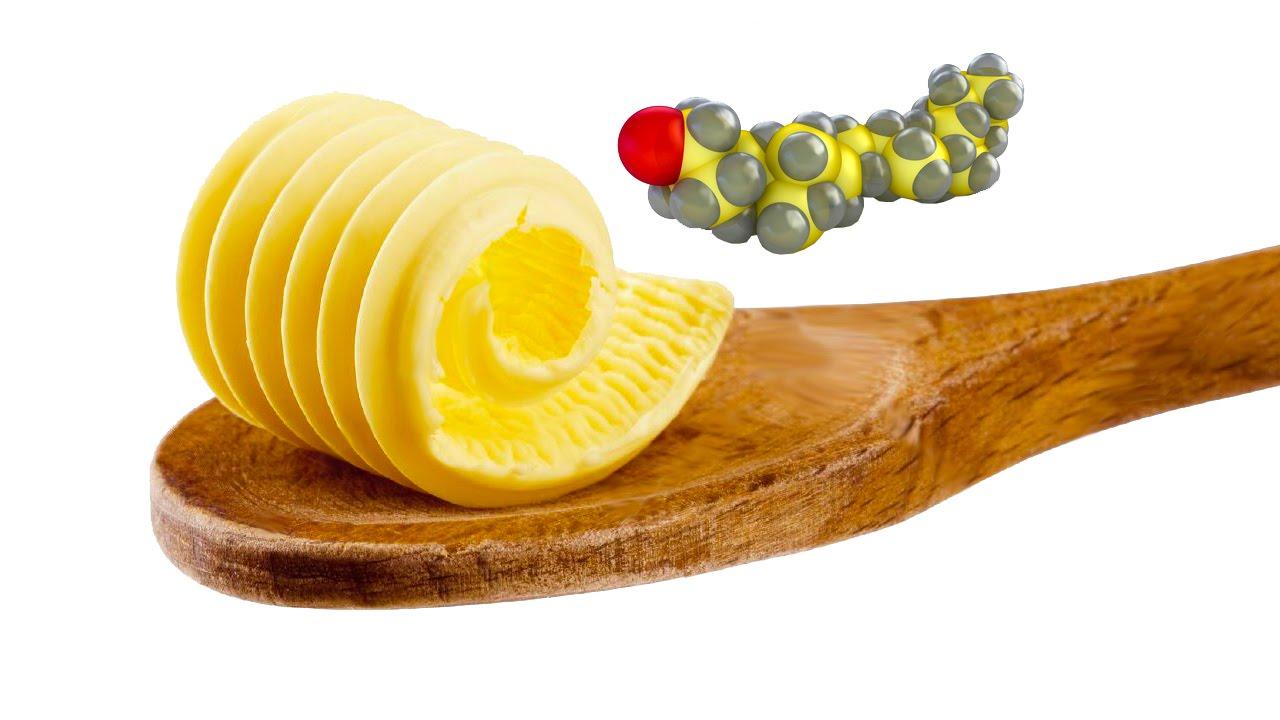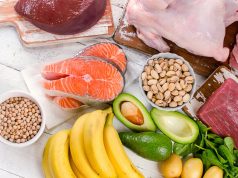Maintaining healthy cholesterol levels is a cornerstone of overall well-being, yet for many, it remains an elusive goal. Navigating the intricate balance of diet, lifestyle, and genetics can be challenging, but it’s a journey worth embarking upon. In this guide, we’ll explore the best tips for managing your cholesterol with empathy and understanding, recognizing that each person’s path is unique. Whether you’re aiming to prevent future issues or manage existing conditions, our goal is to equip you with practical, compassionate advice that respects your individual circumstances and empowers you to take charge of your health. Let’s delve into the steps you can take today to foster a heart-healthy future.
Understanding Cholesterol: The Good, the Bad, and the Essential
Cholesterol is often misunderstood, but it’s crucial for many bodily functions. It’s essential to strike a balance between different types of cholesterol to maintain overall health. Here are some effective tips to help you manage your cholesterol levels:
- Incorporate Healthy Fats: Swap saturated fats for unsaturated fats found in olive oil, nuts, and avocados. These can help reduce bad cholesterol levels.
- Stay Active: Regular physical activity can increase good cholesterol while lowering the bad. Aim for at least 30 minutes of exercise most days of the week.
- Eat More Fiber: Soluble fiber, found in oats, beans, and fruits, can help reduce the absorption of cholesterol in your bloodstream.
- Limit Processed Foods: Foods high in trans fats, like fried foods and baked goods, can increase bad cholesterol and should be minimized.
| Type of Cholesterol | Description | Recommended Levels |
|---|---|---|
| LDL (Low-Density Lipoprotein) | Often referred to as “bad” cholesterol, high levels can lead to plaque buildup in arteries. | Less than 100 mg/dL |
| HDL (High-Density Lipoprotein) | Known as “good” cholesterol, it helps remove LDL cholesterol from the bloodstream. | 50 mg/dL or higher |
Remember, maintaining a balanced diet and lifestyle can significantly impact your cholesterol levels. Regular check-ups with your healthcare provider are also important to monitor and manage your heart health effectively.

Nourishing Your Heart: Dietary Choices to Support Healthy Cholesterol
Supporting your heart health begins with the right dietary choices, and focusing on foods that help maintain healthy cholesterol levels is crucial. Here are some simple yet effective ways to nourish your heart:
- Embrace Soluble Fiber: Foods like oats, barley, beans, lentils, and fruits such as apples and oranges are rich in soluble fiber, which can help reduce the absorption of cholesterol into your bloodstream.
- Opt for Healthy Fats: Incorporate sources of healthy fats such as avocados, nuts, seeds, and olive oil. These foods can help raise HDL (good) cholesterol levels and protect your heart.
- Choose Lean Proteins: Focus on lean meats, poultry, and fish, particularly fatty fish like salmon, mackerel, and sardines, which are high in omega-3 fatty acids that support heart health.
To give you a clearer idea of what your daily dietary intake could look like, consider the following sample meal plan:
| Meal | Food Options |
|---|---|
| Breakfast | Oatmeal with sliced apples and a sprinkle of chia seeds |
| Lunch | Grilled chicken salad with mixed greens, cherry tomatoes, and olive oil dressing |
| Dinner | Baked salmon with quinoa and steamed broccoli |
| Snacks | A handful of almonds or a piece of fruit |

Staying Active: Simple Exercises to Boost Heart Health
Engaging in regular physical activity is a cornerstone of maintaining healthy cholesterol levels and boosting heart health. Simple exercises that can be incorporated into your daily routine offer significant benefits. Here are some activities that you can easily start with:
- Walking: A brisk 30-minute walk each day can increase your HDL (good cholesterol) levels and improve overall cardiovascular fitness.
- Yoga: This low-impact exercise not only helps in reducing stress but also improves flexibility and circulation, contributing to better heart health.
- Cycling: Whether outdoors or on a stationary bike, cycling is a great way to strengthen your heart and lower LDL (bad cholesterol) levels.
Consistency is key when it comes to exercise. Below is a simple weekly schedule to help you stay on track:
| Day | Activity |
|---|---|
| Monday | 30-minute brisk walk |
| Tuesday | 20-minute yoga session |
| Wednesday | 30-minute cycling |
| Thursday | Rest or light stretching |
| Friday | 30-minute brisk walk |
| Saturday | 20-minute yoga session |
| Sunday | 30-minute cycling |
Remember, it’s not about intensity but consistency. Listen to your body and gradually increase the duration or intensity of your exercises as you become more comfortable. Making small changes to your daily routine can lead to big improvements in your heart health.

Stress Management: The Impact of Mindfulness on Cholesterol Levels
Embracing mindfulness isn’t just a tool for mental clarity; it also plays a significant role in physical health, particularly in managing cholesterol levels. Practicing mindfulness can help reduce stress, which is known to be a contributing factor to elevated cholesterol. Stress can trigger the body to produce more cholesterol, as it prepares to handle perceived threats. By integrating mindfulness practices into your daily routine, you can effectively lower stress levels and, in turn, support healthier cholesterol levels.
Consider incorporating these mindfulness techniques into your lifestyle:
- Meditation: Spend a few minutes each day focusing on your breath and being present in the moment. This simple practice can significantly reduce stress.
- Mindful Eating: Pay attention to your meals, savor each bite, and avoid distractions like screens. This not only improves digestion but can also prevent stress-related eating.
- Gratitude Journaling: Write down things you’re grateful for daily. This practice shifts focus from stressors to positive aspects of life, promoting relaxation.
| Mindfulness Technique | Potential Benefits |
|---|---|
| Meditation | Reduces anxiety and lowers cortisol levels |
| Mindful Eating | Improves digestion and reduces overeating |
| Gratitude Journaling | Enhances mood and promotes relaxation |








































